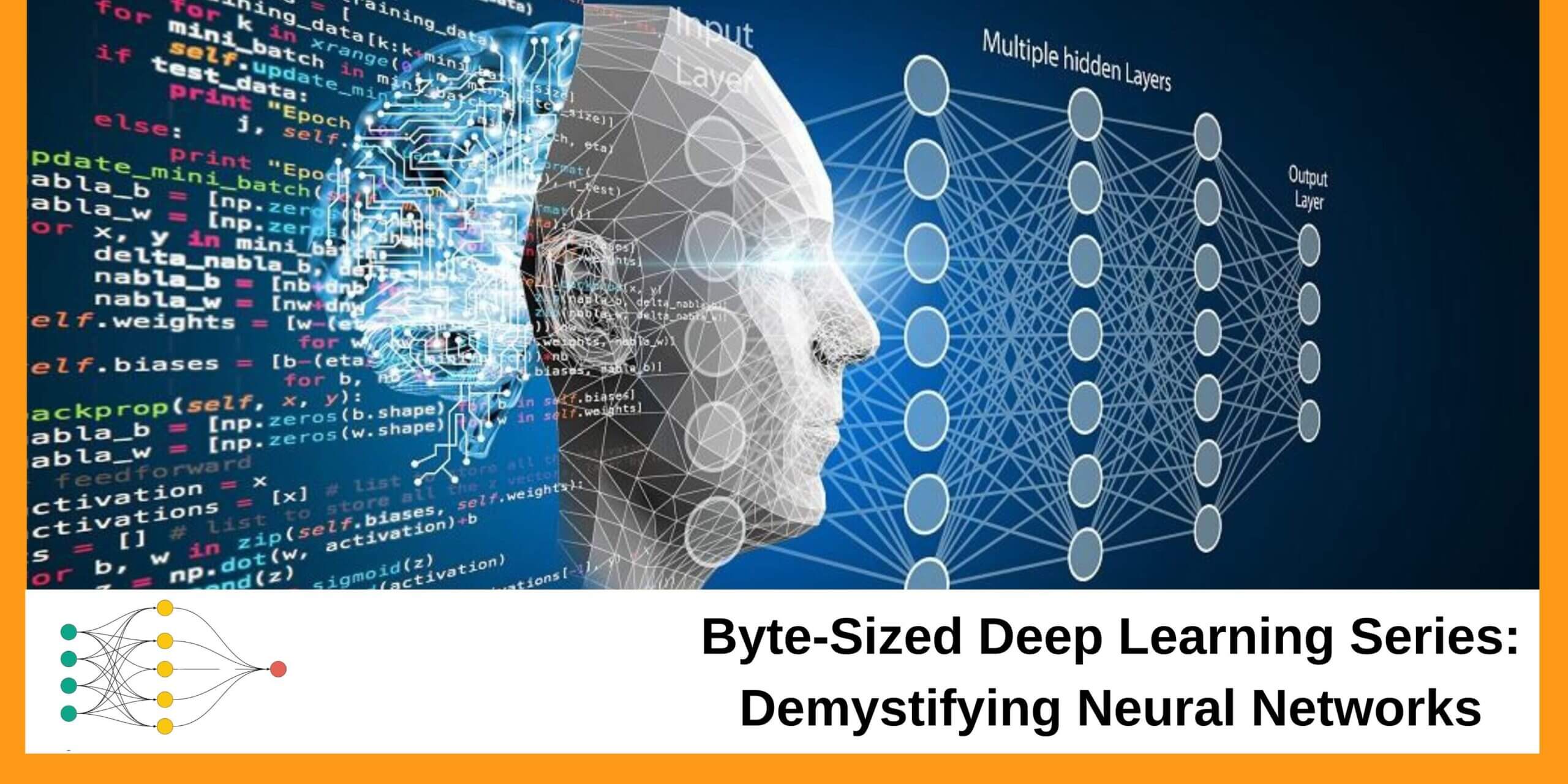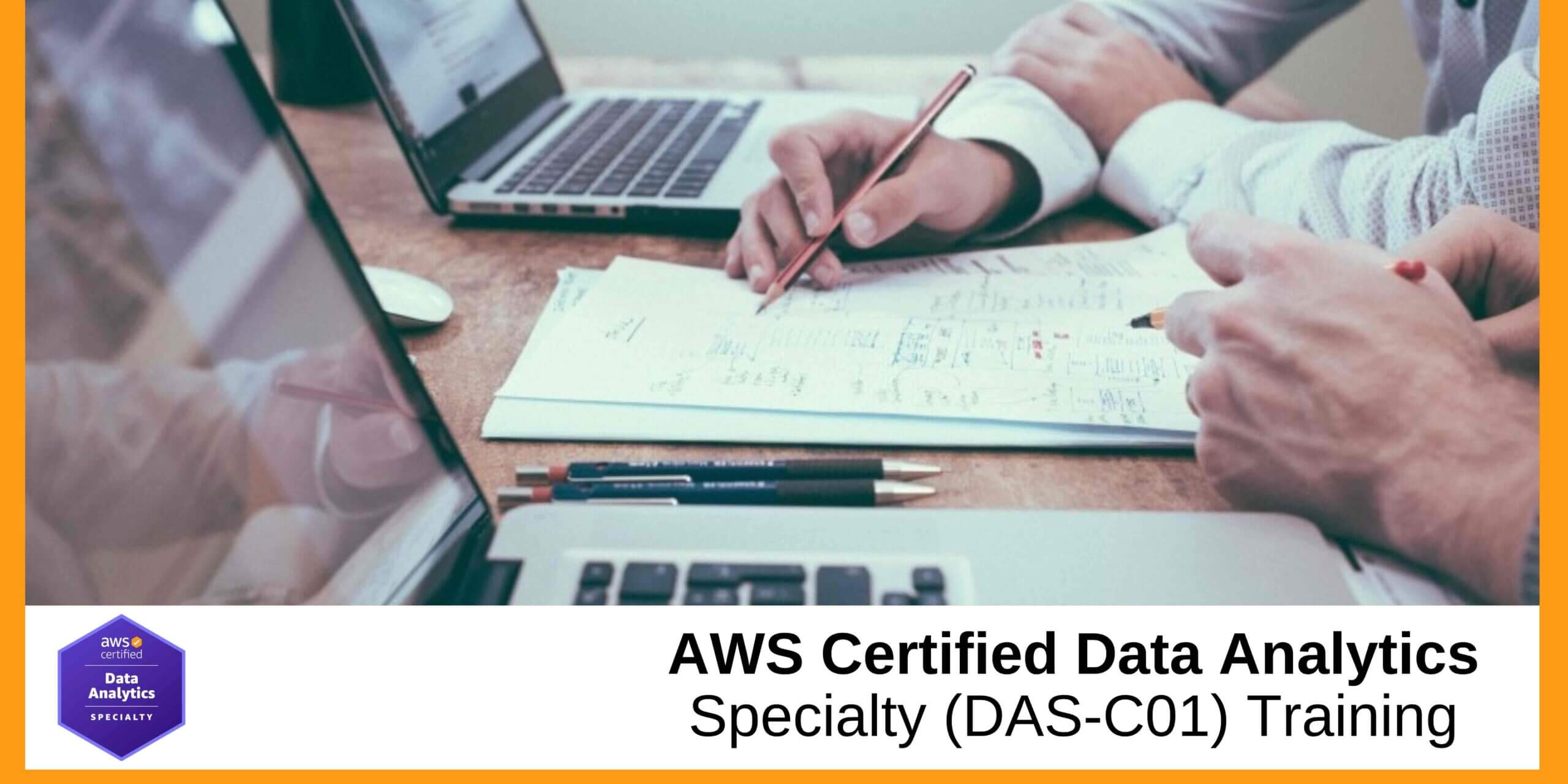Architecting with Google Compute Engine Training
- Created By shambhvi
- Last Updated February 2nd, 2026
Architecting with Google Compute Engine Training
This training provides a detailed exploration of architecting compute solutions using Google Compute Engine (GCE) and related services.
- Overview
- Audience
- Prerequisites
- Curriculum
Description:
This training provides a detailed exploration of architecting compute solutions using Google Compute Engine (GCE) and related services.
Participants will learn VM lifecycle management, network design, IAM integration, and load balancing configurations.
Hands-on labs cover deploying scalable VMs, securing workloads, and monitoring performance with GCP-native tools.
By the end, learners will be able to design production-ready GCE solutions and align with GCP architect certification requirements.
Duration: 5 Days
Course Code: BDT 523
Learning Objectives:
After this training, participants will be able to:
- Deploy and manage Compute Engine workloads
- Architect scalable VPCs
- Apply IAM and monitoring best practices
- Design interconnect and load balancing solutions
- Cloud architects
- Systems engineers
- Developers working with GCE
- Knowledge of cloud computing
- Linux/Windows administration skills
- Networking basics
Course Outline:
Module 1: Introduction to GCP
- GCP ecosystem and services
- Global infrastructure (regions, zones, edge)
- IaaS vs PaaS vs SaaS
- Using GCP Console, Cloud SDK, APIs
Module 2: Virtual Networks
- VPCs, subnets, routes, firewall rules
- IP addressing (internal/external)
- VPN, Peering, Interconnect, Cloud Router, Cloud DNS
- Common network design and hybrid connectivity
Module 3: Compute Services
- Compute Engine basics
- VM lifecycle and machine types
- Disk options, images, snapshots
- Instance groups (managed/unmanaged)
- Load balancing basics
Module 4: Identity and Access Management (IAM)
- IAM hierarchy (org, folders, projects)
- Roles and policies (basic, predefined, custom)
- Members and service accounts
- IAM best practices and audit logging
Module 5: Storage and Database Services
- Cloud Storage (classes, lifecycle, signed URLs)
- Cloud SQL basics
- Cloud Spanner
- Datastore / Firestore
- Bigtable, Memorystore (intro)
Module 6: Resource Management
- Projects and resource hierarchy
- Quotas and limits
- Billing accounts, budgets, alerts
- Labels and naming conventions
Module 7: Monitoring and Logging
- Cloud Monitoring: metrics, dashboards, alerts
- Cloud Logging: log explorer, sinks
- Error reporting, tracing, debugging
- Best practices for observability
Module 8: Load Balancing and Autoscaling
- HTTP(S), Network, SSL Proxy load balancing
- Cross-region and content-based load balancing
- Managed instance groups
- Autoscaling policies and configuration
Module 9: Infrastructure Automation
- Infrastructure automation concepts
- Images, metadata, startup scripts
- Using Cloud API and gcloud CLI
- Deployment Manager basics (templates, launcher)
- Intro to Terraform (optional)
Module 10: Managed and Analytics Services
- Dataproc, Dataflow, BigQuery
- Other key managed services in GCP
Module 11: Application & Development Services
- Cloud Pub/Sub
- Cloud Functions (serverless)
- API Management and Gateway
- Cloud Source Repositories
- Specialty APIs
Module 12: Containers and Modern App Platforms
- Containers overview
- Google Kubernetes Engine (GKE)
- Container Registry
- Cloud Run (optional, for serverless containers)
Training material provided: Yes (Digital format)




